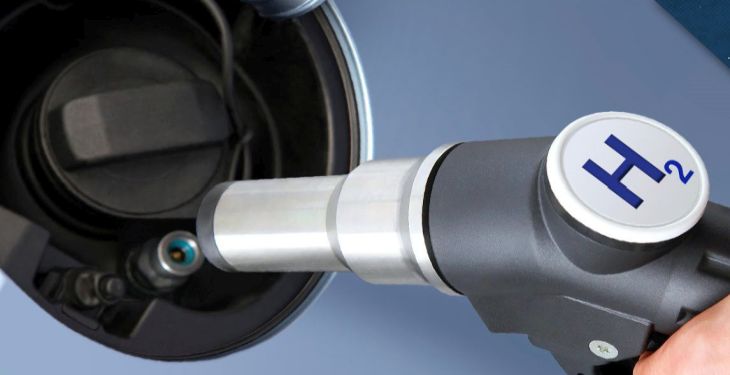European Union energy ministers agreed on Tuesday to pool efforts to increase the use of hydrogen in transport and power as part of the bloc’s attempt to cut carbon emissions by 40 percent by 2030.
The non-binding initiative, seen by Reuters and endorsed by 25 EU nations, calls for governments to increase cooperation on research into the potential for hydrogen use in energy storage, transport, power and heating.
“The acceleration of early implementation and wider application of sustainable hydrogen technology is able to contribute to the economic competitiveness of the Energy Union,” the document said.
Agreed by energy ministers at an informal meeting in Linz, Austria, the document highlights the need for renewable energy, such as hydrogen, to reduce dependence on fossil fuels for which Europe is reliant on imports from Russia.
Technologies fuelled by hydrogen, one of the world’s most abundant elements, have long held promise but uptake has been slow.
Germany on Monday began running the world’s first passenger trains powered by hydrogen fuel cells, replacing two diesel-fired trains on a line of nearly 100 km (62 miles) between Cuxhaven and Buxtehude in Lower Saxony, according to Reuters.
Germany is leading efforts in the EU to explore ways to use and store renewable energy at a number of power-to-hydrogen and power-to-gas sites as a boom in wind and solar power in the country has led to excess production.
